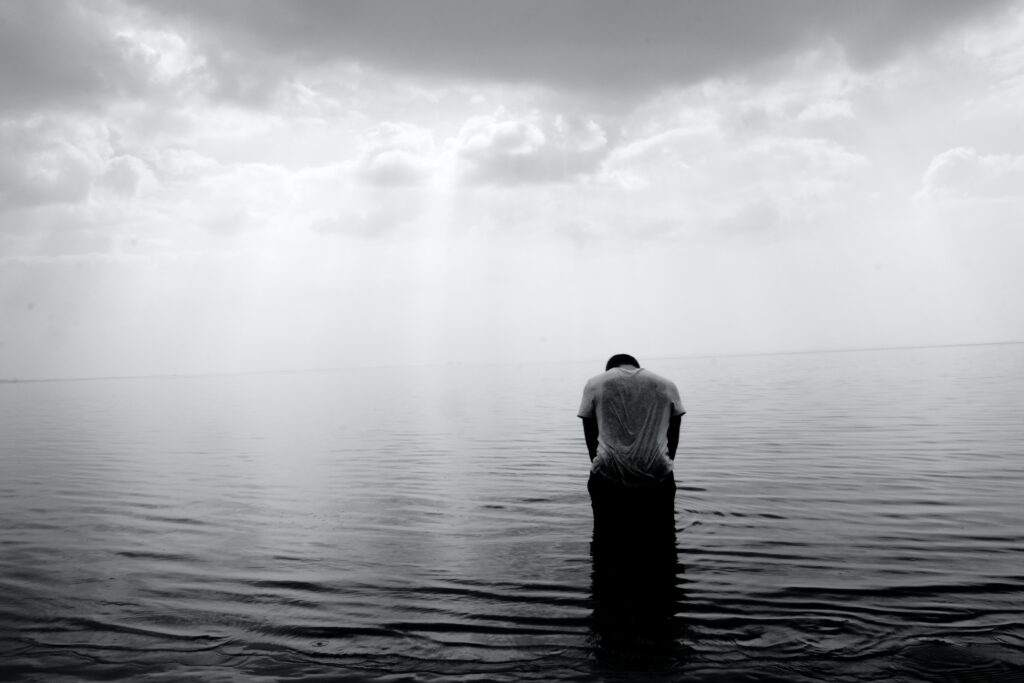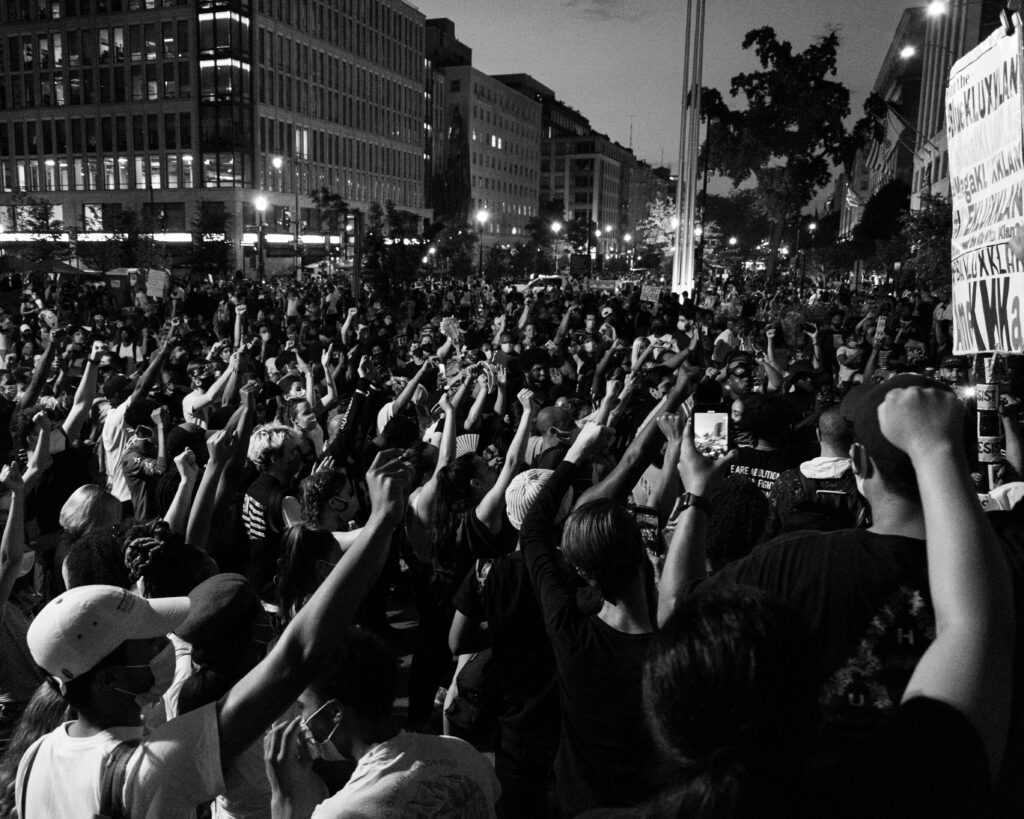
There’s a lot of talk about revival these days. National networks are noticing and reporting on a surge of interest in Christianity, particularly among young men on the political right. Many are attributing it to the assassination of Charlie Kirk, with perhaps a reaction against policies hostile to Christian thinking that are widely viewed as “nutty.” The most obvious of these, I suppose, would be the transgender movement, especially policies promoting the participation of biological males in women’s sports and the encouraging of puberty-blocker hormone treatments and surgeries in minors. Many pundits think that young males have just had it up to here with what they see as the fruits of secularism and are turning to Christianity.
Maybe they are. I certainly would like to see that happen. (I’d also like to see a similar surge in that thinking among young females, but it doesn’t appear to be happening.)
But I’ve noticed something about the current discussions of this phenomenon that gives me pause.
The evidences that I’ve seen cited for this revival are all external.
By that I mean things like attendance at Charlie Kirk’s funeral, and increased attendance at church, and Bible sales, and app downloads, and streaming of Christian music. News outlets and podcasters are chattering about these statistical shifts.
Now, these are all good things to one degree or another, but they’re not revival.
I suppose that in order to support that statement, I need to define my terms.
Historically, the term revival has been used of a renewal of dedication to God among Christians. It’s not technically a wave of conversions; that’s evangelism. For our purposes, though, I’m happy to just lump those two phenomena together as a broad move toward Christian thinking, regardless of the subject’s previous religious state.
The little itch that I need to scratch is the apparent confusion between a sociological phenomenon and a genuine experience of Christian conversion or renewal.
The Bible speaks of revival, or conversion, as a work of God’s Spirit in the individual heart. The Spirit convicts someone of his sin; he draws him to himself. As a result, the person repents of that sin and turns to Christ, seeking him and trusting him as the source of forgiveness and spiritual life. He becomes a servant of God, and his priorities are radically reordered.
Maybe that’s happening on a large scale today. I hope so. But the simple fact is that we can’t possibly know that yet. Jesus said that we know his followers by their fruits; and Paul names the fruit of the Spirit as a set of character traits: love, joy, peace, endurance, gentleness, goodness, faithfulness, meekness, and self-control (Ga 5.22-23).
We see precious little of that these days, on the right or the left. We’ll just have to wait and see.
Now, I really don’t think I’m the curmudgeon here (shades of Andy Rooney), or the stereotypical fundamentalist (“no fun, too much damn, and not enough mental”). I think the body of this blog demonstrates that I’m fundamentally an optimist. But I know from experience that young people get swept up in various emotional causes. I note that a recent study suggests that the transgender movement among young people may be powered as much by peer pressure as genuine sexual dysmorphia.
Wouldn’t it be ironic if the response to Charlie Kirk’s death were in any significant way another example of the same phenomenon?
So what do we do?
To start, we seek to understand accurately what’s happening. Becoming a Republican, or a fan of President Trump, or of Charlie Kirk, is not regeneration. Going to church is not conversion; in fact church is designed to be a gathering of people who are already believers, not a way to become one. Listening to Christian music, especially considering how broadly defined that genre is, may not be evidence of any particular mindset.
Let’s see what’s actually there, and not what we wish for.
And then, we steward the opportunity this social phenomenon represents. We interact with those who show up in our churches, showing them what the Scripture says about regeneration and the Spirit who gives that life, and showing them what the consequent life of sanctification looks like. We challenge the deviancies of professing Christians on both the right and the left. And we do these things in a way that reflects the fruit of the Spirit, bringing grace, mercy, and peace to those we serve.
Photo by Joshua Earle on Unsplash


